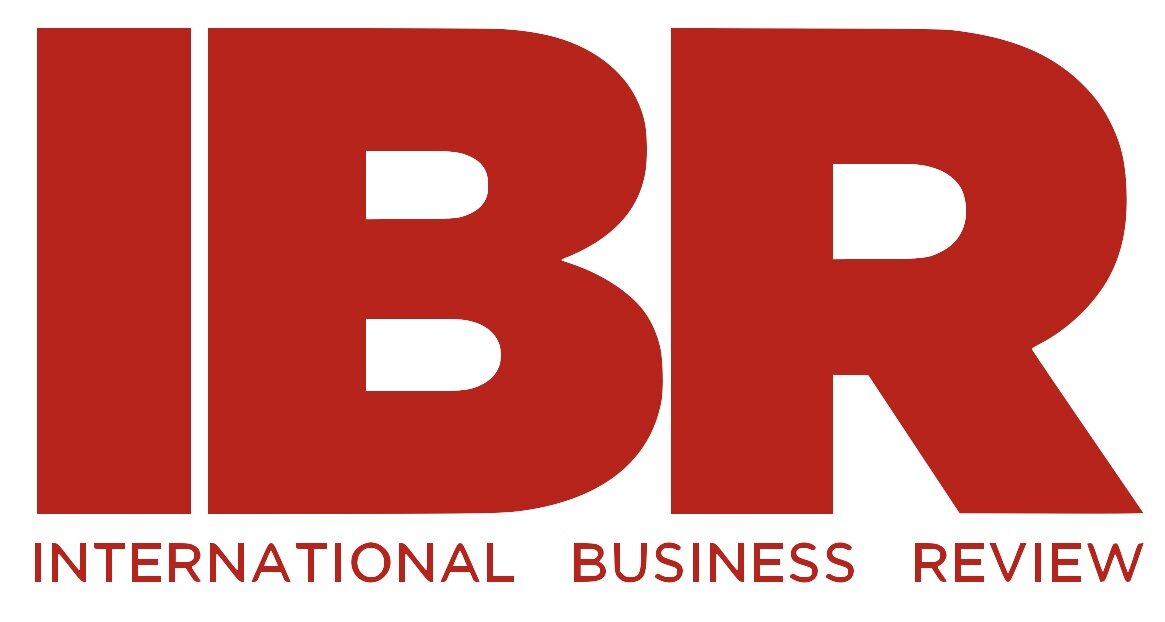More than ever before, local businesses and Fortune 500 companies alike are engaged in global markets and clientele. It is crucial for companies to maintain clear communication cross-content wise, as translation errors can lead to anything from loss of reputation to physical harm or even industrial disaster. Accurate translation between languages, cultures, and industries is of utmost importance.
Today, there is an increased demand for translation driven by an increased usage of non-English languages, an increase in foreign markets of products and services from non-English speaking countries, and the shift of translation processes towards AI integration.
By 2020, annual enterprise spending on translation services is expected to grow by $45 billion. To lower the labor cost of translation , artificial intelligence (AI) in the form of machine translation (MT) is used in platforms like Google Translate, Microsoft Translator, and Amazon Translate. The accuracy of these platforms has increased exponentially through recent breakthrough improvements in neural machine translation (NMT) algorithms and an increased access to a much larger amount of language data from search engines, social networks, and e-commerce sites. For many businesses, however, the accuracy is not sufficient when constructing a user interface in a new language, translating a tax document, or writing a user manual for a product in a new language. Despite claims that jobs in human translation are dying out, it is still necessary for humans to provide enterprises with more languages, dialects, and consequently training data for AI algorithms.
Few languages have been translated for enterprise beyond the 40 languages supported by large language service providers (LSP). This is due to the lack of cost-justification for companies to spend years and millions of dollars to add just one new language to a product. Of an estimated 4 billion Internet users, less than a third are English speakers. In order for enterprises to reach small but booming economies, they will need to gradually invest in translating content into less common languages. By 2027, it is estimated that enterprises will need to translate into more than 60 languages in order to reach 96% of the online population.
Industries that are rapidly incorporating translation include finance, healthcare, and technology.
Today, 85% of the global population lives in emerging markets. Banking and finance companies are realizing that they need to invest in state-of-the-art translation services in order to tap into emerging markets and gain new customers’ trust. Issues of legality are at stake if poor translation causes a breach of regulatory compliance or a misunderstanding of company terms and conditions, income statements, patent documents, etc. These failures hurt the relationship between potential customers and an unacquainted company. Also, potential investors often review annual reports, company press releases, and presentations—needed in their native language—to determine how much capital to allocate. Established banks in foreign countries build up their reputation and brand through translating new materials and information like educational videos and property tax documents. This explains why companies like Chase to Citigroup continue to invest deeply in marketing, especially marketing geared towards foreign customers.
In the 21st century, medical documents have become digitized. There is now a growing demand world-wide for efficient and effective translation for doctor-patient communication. The gap between specialists available in developed vs developing countries can be bridged by AI translation systems. The use of these systems in refugee camps is also being greatly looked into. Medical tourism refers to someone traveling to another country for medical treatment. This has gained great popularity, largely due to the internet, and has sparked a need for translation to inform both doctors and foreign patients. Translated healthcare records allow doctors and nurses to better diagnose and treat patients. A mistake in medicine could have a drastic impact on a patient’s health, so it has become imperative that patients clearly understand what is ailing them and what procedures they may need to consider. Medical translation is crucial in the pharmaceutical industry, as the medication doses and allergens in products entering new global markets need to be clearly explained. Certified translators are most used in this industry, due to the medical and technical terms that need to be perfectly understood.
There are many web-based companies which offer services such as translating documents, providing customer support, translating websites and apps, and supporting AI training translation. Translation has offered yet another route for the technology and software industries to thrive. The future of these translating companies is offering services for coordinated Search Engine Optimization (SEO) and translation processes. Translating a business’s information for a website used to occur before implementing SEO recommendations. However, through a process called “transcreation” content is not translated word-for-word. Instead, marketing messages are designed to adopt the culture and language of the intended audience while maintaining the original context and objectives. This increases the visibility of foreign sites and the likelihood that they will be successful against local competitors.
After discussing the current state and future of the translation industry, one can see its global impact in a variety of industries. With the emergence of AI and online services, it is important to remember that even in a culturally and idiomatically diverse world, we are becoming more connected and have the potential for building trust, unity, and prosperity.
Valerie Hanna is a freshman in the College of Arts and Sciences intending to study International Relations. Her interests include the shifting political landscapes in Latin America and multilingualism. She is from Lititz, Pennsylvania and enjoys writing poetry, watching classic films, performing community service, and traveling.
Sources:
https://www.andovar.com/three-reasons-banking-finance-companies-translation/
https://www.digitalistmag.com/future-of-work/2018/05/17/future-of-translation-worldwide-06168565
https://www.gala-global.org/industry/industry-facts-and-data#fn3
https://gengo.com/industry-translation/software-translation-services/
https://www.latinlink.com/health/importance-medical-translation-today

